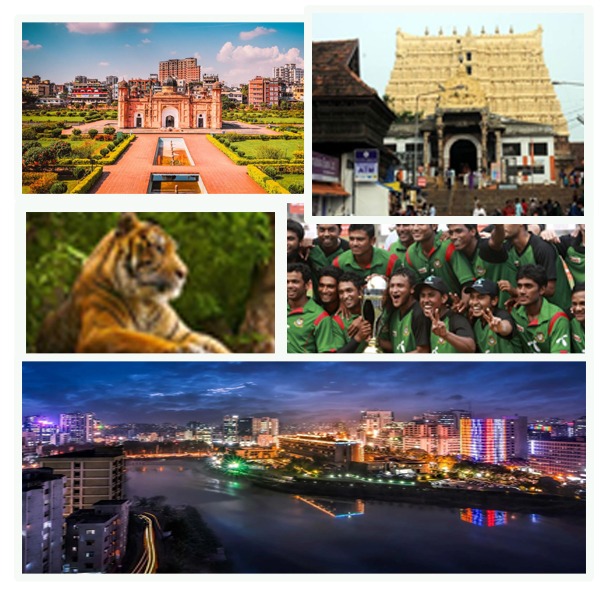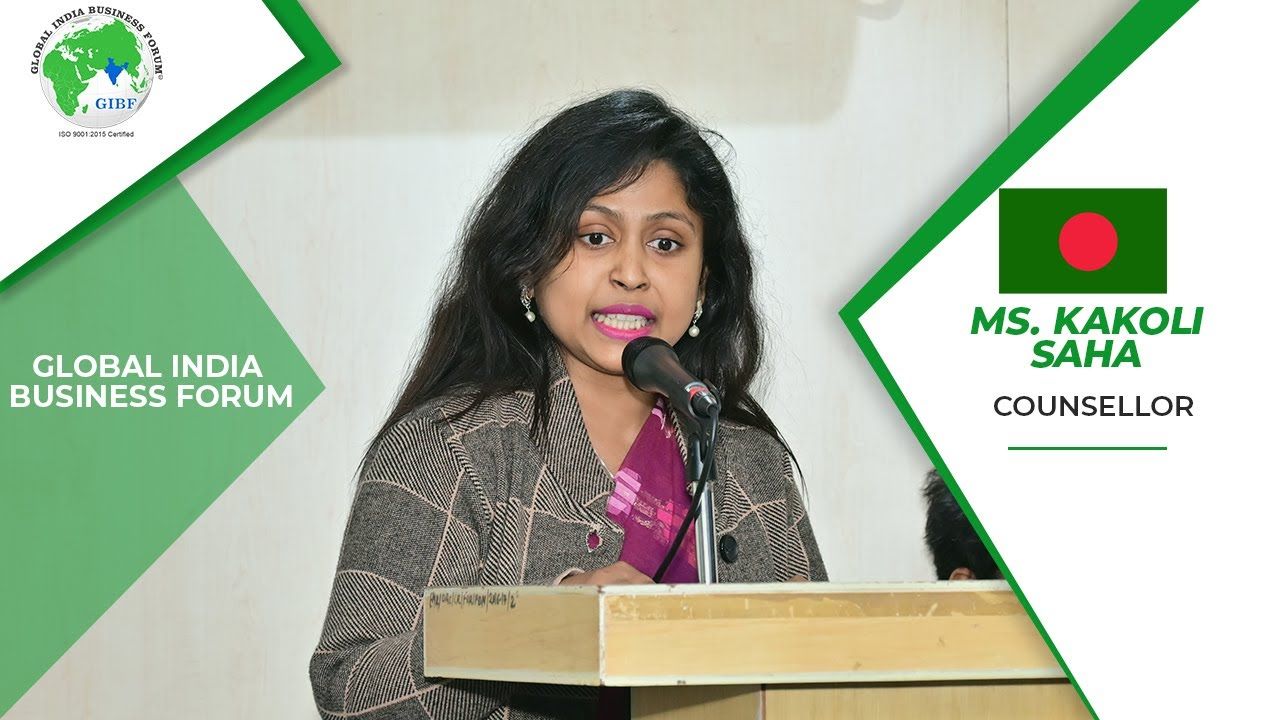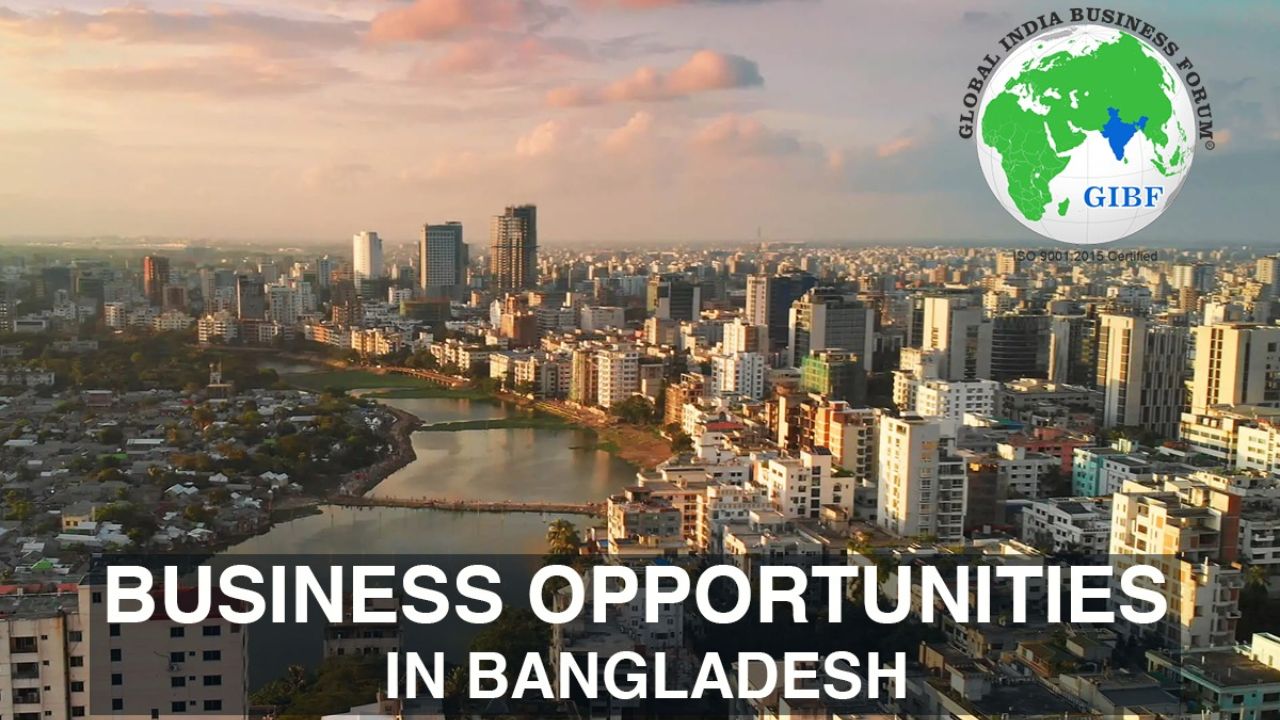
India Bangladesh Business and Cultural Council

About Bangladesh
Bangladesh, a South Asian country bordering India, Myanmar, and the Bay of Bengal, is known for its
rich culture, deep history, and significant economic progress. With a population of over 170
million, it is one of the world's most densely populated nations. Dhaka, the capital, serves as its
economic and political hub, while Chittagong, the largest port city, plays a crucial role in
international trade.
Historically, Bangladesh was part of Bengal and later became East Pakistan after the partition of
India in 1947. The country gained independence in 1971 after a nine-month-long Liberation War
against Pakistan. Since then, Bangladesh has experienced remarkable economic and social progress,
transforming itself from an aid-dependent nation to one of the fastest-growing economies in Asia.
The economy is driven by the textile and garment industry, which contributes significantly to
exports and employment. Agriculture, particularly rice and jute cultivation, remains vital, while
the technology and service sectors are expanding rapidly. Bangladesh has also made significant
progress in social indicators, including poverty reduction, education, and women’s empowerment.
Culturally, Bangladesh is known for its rich traditions in literature, music, and art. The Bengali
language and literature, with figures like Rabindranath Tagore and Kazi Nazrul Islam, hold great
significance. The country celebrates vibrant festivals such as Pohela Boishakh (Bengali New Year)
and Durga Puja. Traditional cuisine, featuring rice, fish, lentils, and spicy curries, is an
essential part of daily life.
The Sundarbans, the world's largest mangrove forest and home to the Bengal tiger, is a UNESCO World
Heritage Site. Other landmarks include Cox’s Bazar, the world’s longest natural sea beach, and
historical sites like Mahasthangarh and Lalbagh Fort.
Despite challenges like climate change and political instability, Bangladesh continues to advance,
aiming to become a middle-income country by 2031 and a developed nation by 2041. Its resilience,
hardworking people, and strong cultural heritage make it a nation with immense potential.
Objectives

Business Council
To promote bilateral trade between India and Bangladesh To boost businesses of all the sectors, particularly MSMEs, and create business opportunities To promote businesses of all sizes across the two countries Establish business to business and people to people contact Create tie-ups amongst chambers of commerce and have businesspeople as part of this council.

Cultural Council
To promote cultures and exchange ideas and values through this council Facilitate cultural exchanges in the form of music, dance, history, artifacts, exhibitions, expos and even through online mediums Create opportunities for student exchanges, training and courses to promote cultural relations between India and Bangladesh To promote artists through shows, exhibitions, etc. either in person or through online mediums.

